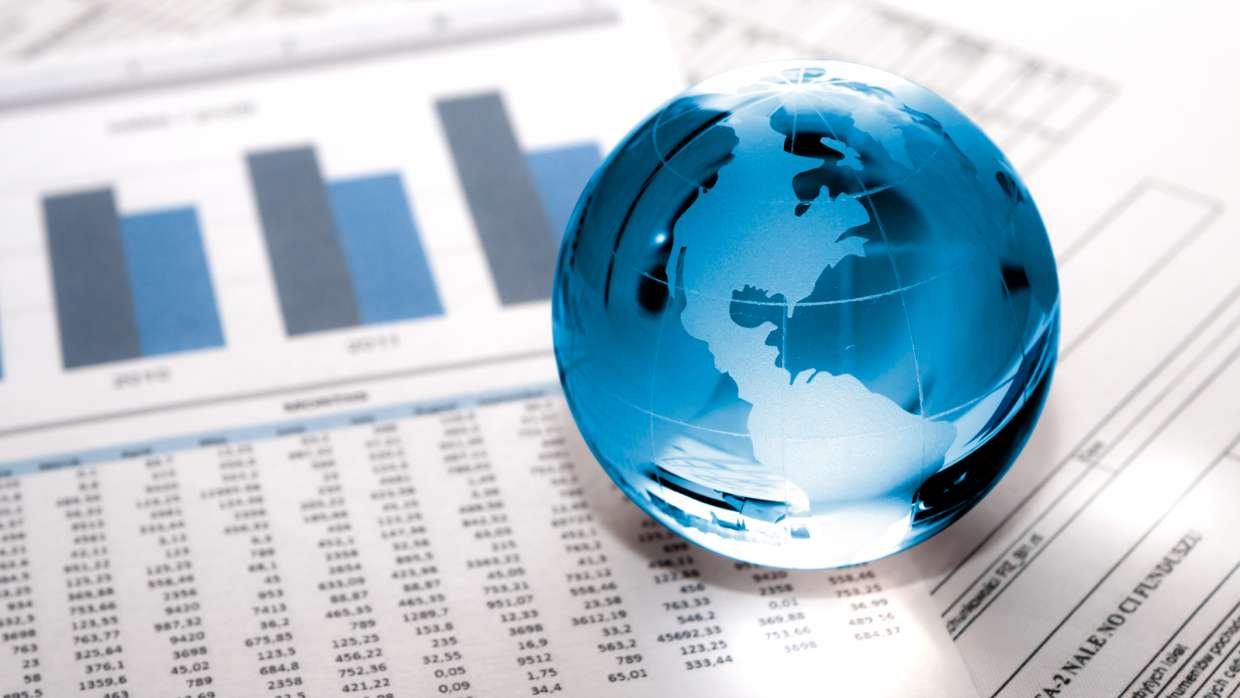IMF warns over Global Economy: 2020 the deadline?

The postwar global trading system risks being torn apart, the International Monetary Fund has warned, amid concern over the tariff showdown between the US and China.
In a sign of its growing concern that protectionism is being stimulated by voter scepticism, the IMF used its half-yearly health check for the world economy to tell policymakers they needed to address the public’s concerns before a better-than-expected period of growth came to an end.
In a report released Tuesday morning, the International Monetary Fund said stronger business investment and trade were buoying the world’s economy. Global growth is on track to reach an annual rate of 3.9 percent this year and next, propelled by the economies of Europe, Japan, China and the United States. That would be up from 3.8 percent in 2017, which was the strongest growth since 2011.
But the spring version of the World Economic Outlook, the fund’s semiannual report card on the health of the international economy, outlined big risks — including the growing likelihood of a trade war and government policies that could overheat the United States economy.
Though the report did not mention President Trump by name, some of the risks — including a trade war — are linked to his policies. Mr. Trump maintains that trading partners have not treated the United States fairly and that his administration must take tough action to level the playing field, including imposing tariffs on steel imports and products from China.
In a news conference detailing the report Monday morning, Maurice Obstfeld, the director of the research department, said there was a particular risk that fears of a trade war could dampen business investment and spark a sell-off in stock markets and other financial assets. He said: “The first shots in a potential trade war have now been fired.”
Many economists worry that the global economy has already hit a soft patch, pointing to weak industrial data in the first quarter, particularly in Europe, and global weakness in surveys of business activity. But the fund continues to predict a bright 2018 and 2019.
Mr Obstfeld said the upswing that started in 2016 was becoming “broader and stronger” although he cautioned that trade risks might already be taking a toll.
Mr Obstfeld added that the threats by President Donald Trump’s administration to impose heavy tariffs would “do little” to reduce the country’s current account deficit, “which owes primarily to a level of aggregate US spending that continues to exceed total income”.
Governments should take advantage of the good times to make structural reforms and put in place tax policies that raise the potential output of their economies, Obstfeld said.

